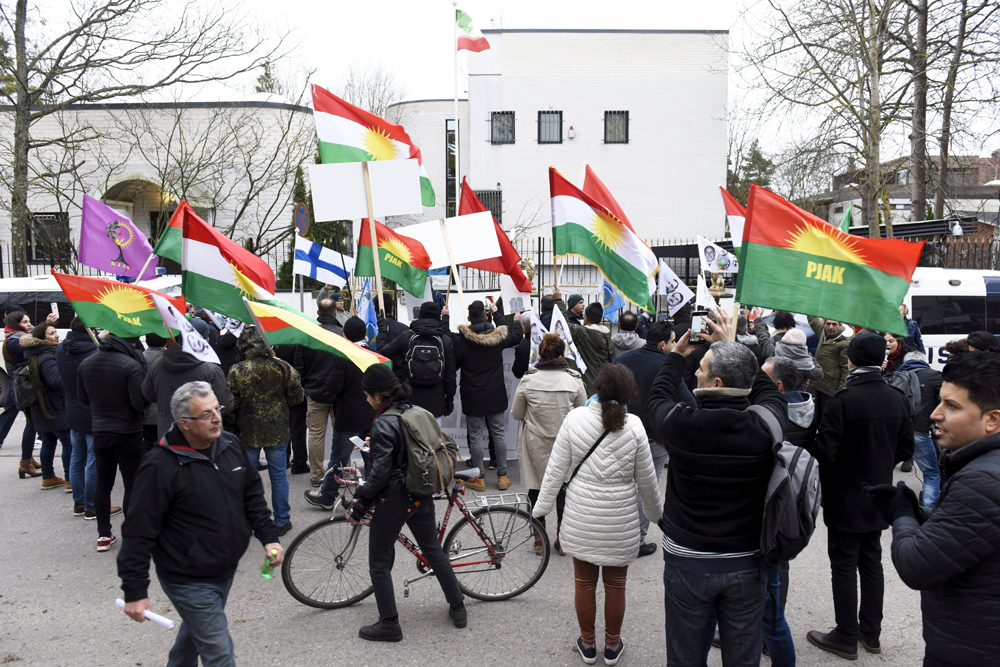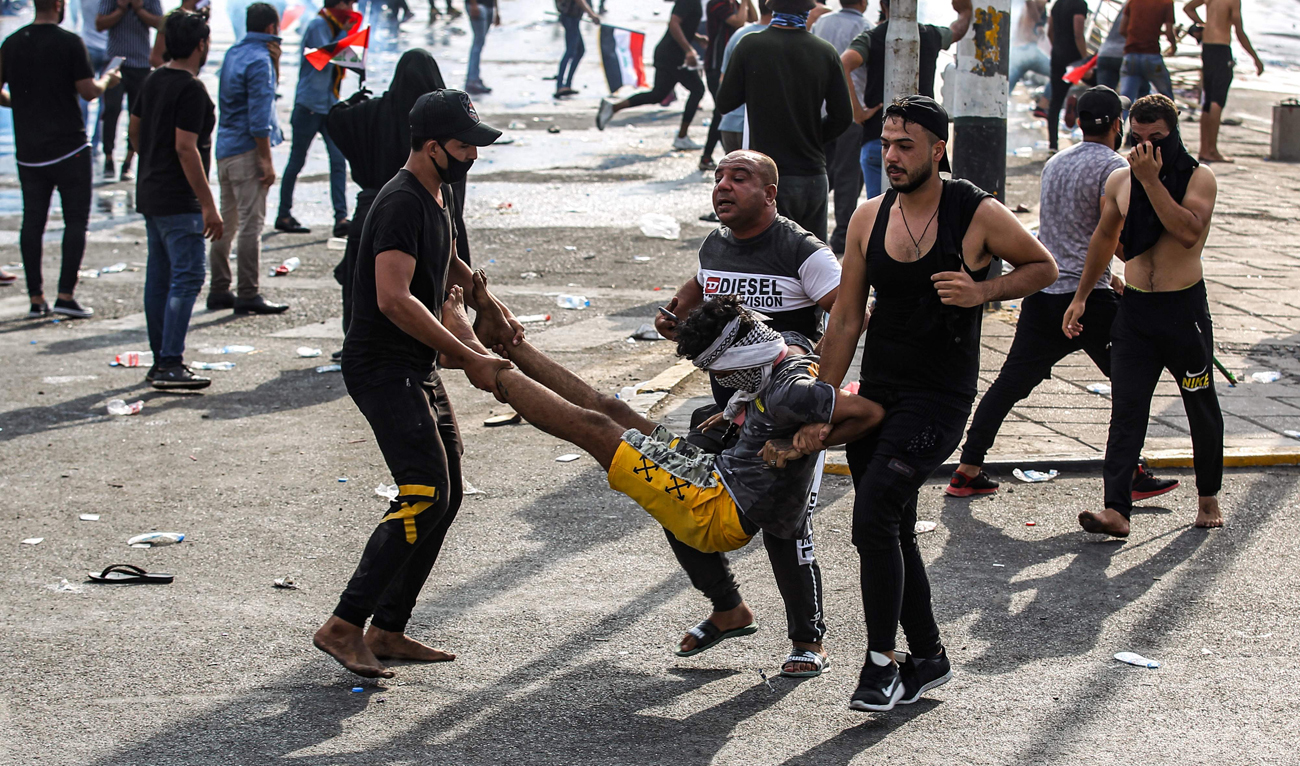EU should recognize Palestinian state, says Luxembourg
BERLIN: The EU should recognize a Palestinian state after the US expressed support for Israeli settlements in the occupied West Bank, Luxembourg Foreign Minister Jean Asselborn said.
Monday’s announcement by Secretary of State Mike Pompeo abandoned the position that settlements in Israeli-occupied territory were “inconsistent with international law,” reversing a stand taken under President Jimmy Carter in 1978.
Palestinians say the settlements jeopardize their goal of a state in the West Bank and Gaza Strip, with East Jerusalem as its capital, and that the US move will make an Israeli-Palestinian peace deal even more elusive.
“Recognizing Palestine as a state would be neither a favor nor a carte blanche but rather a mere recognition of the right of the Palestinian people to its own state,” Asselborn said.
“It would not be meant against Israel,” he added, but a measure intended to pave the way for a two-state solution.
The US decision was a victory for Israeli Prime Minister Benjamin Netanyahu, who is struggling to remain in power after two inconclusive Israeli elections this year, and a defeat for the Palestinians.
It could deliver a new blow to President Donald Trump’s efforts to resolve the Israeli-Palestinian conflict through a peace plan that has been in the works for more than two years but has drawn widespread skepticism even before its release.
The EU said after the US announcement that it continued to believe that Israeli settlement building in occupied Palestinian territory was illegal under international law.
HIGHLIGHTS
• Israeli forces detained Adnan Ghaith, Palestinian governor of Jerusalem, taking him from his home in the city’s east for interrogation, police said.
• Israeli authorities earlier closed the offices of two Palestinian Authority-affiliated organizations in Jerusalem.
The European Parliament adopted a resolution in 2014 supporting Palestinian statehood in principle. The motion was a compromise reached after lawmakers on the left sought to urge the EU’s 28 member states to recognize Palestine unconditionally.
Since the collapse of US-sponsored peace talks in 2014, Israel has pressed on with building settlements in territory the Palestinians want for their future state.
More than 135 countries already recognize a Palestinian state, including several East European countries that did so before they joined the EU.
Netanyahu’s chief rival announced that he had failed to form a new government, dashing his hopes of toppling the long-time Israeli prime minister and pushing the country closer toward an unprecedented third election in less than a year.
The announcement by Benny Gantz, leader of the centrist Blue and White party, prolongs the political paralysis that has gripped the nation for the past year. It also provides a new lifeline for the embattled Netanyahu, who is desperate to remain in office as he prepares for an expected indictment on corruption charges, possibly as early as Thursday.
Gantz, a former military chief, was tapped to form a government last month after Netanyahu failed to cobble together a coalition in the wake of inconclusive
September elections.
But during four weeks of intense negotiations, Gantz was unable to muster the support of a required 61-member majority in the 120-seat parliament by Wednesday’s midnight deadline.
Addressing reporters, Gantz accused Netanyahu of scuttling attempts to form a broad-based unity government between
their parties.
“He should have come to terms with the fact that the outcome of the elections required him to negotiate directly, with no blocks or barriers,” Gantz said angrily.
“Most of the people chose a liberal unity government headed by Blue and White,” he added.
“Most of the people voted to weaken the power of extremists, and most of the people voted to go on a different path from that of Netanyahu in recent years.”

US support for Israel’s West Bank settlements draws criticisms



